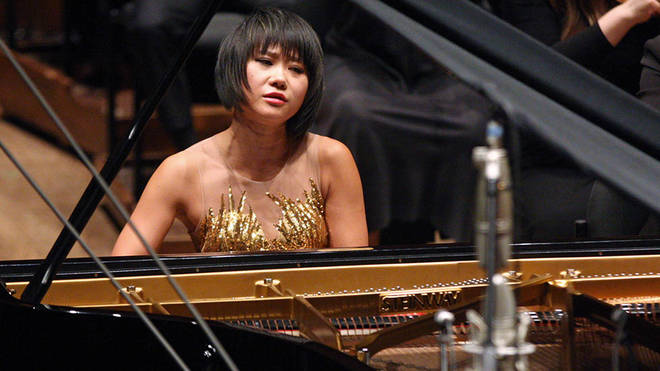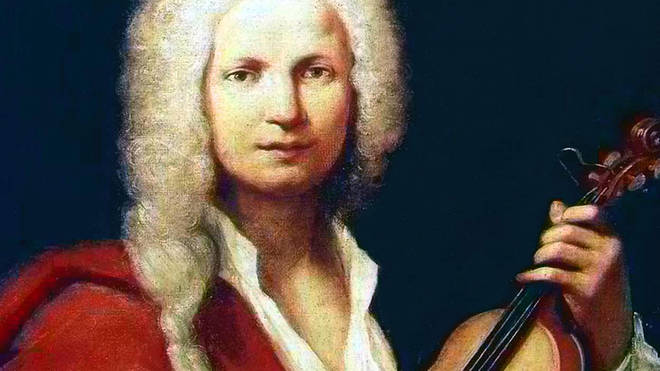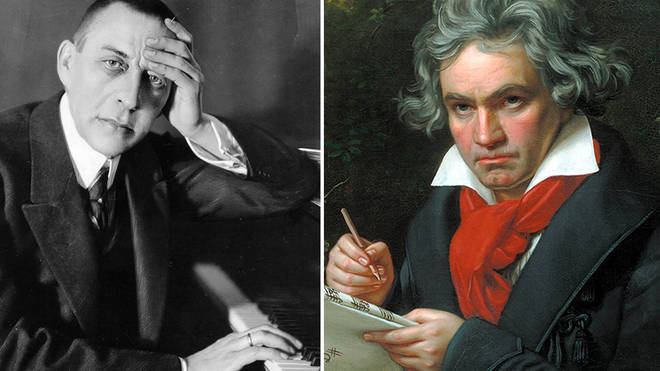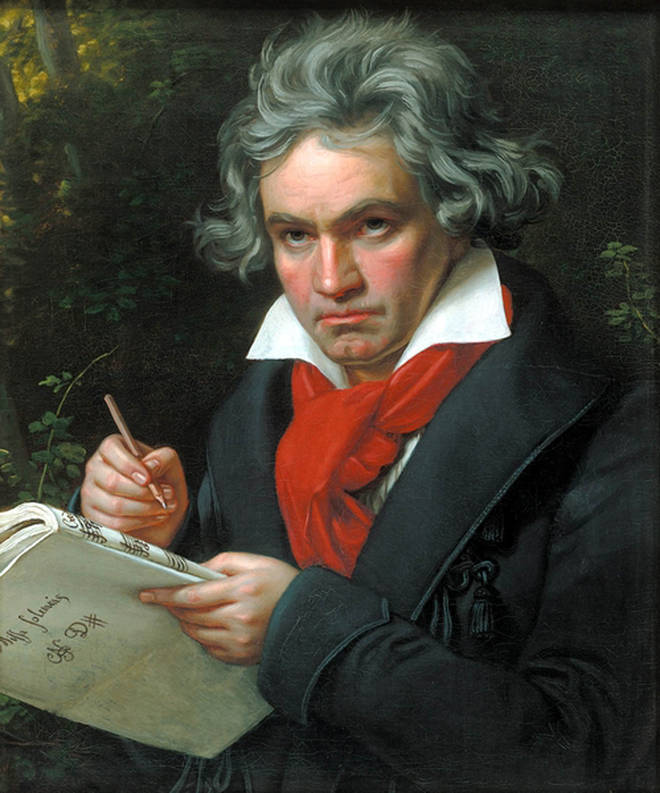By Rosie Penetreath, ClassicFM London
The Italian tenor sang at the historic landmark without an audience, in a special concert for Easter Sunday.
performed a special online concert from the Duomo cathedral in Milan this Easter Sunday (12 April 2020).
Entitled ‘Music for Hope’, Bocelli’s concert was poignantly performed without an audience and instead streamed globally via , in light of social distancing measures in place across the globe to stem the spread of coronavirus.
Bocelli was joined – at distance, of course – by cathedral organist, Emanuele Vianelli, who provided accompaniment for his chosen pieces. Selected to communicate a message of love, healing and hope to Italy and the rest of the world during this difficult time, the pieces included the popular / setting of ‘Ave Maria’ and ’s ‘Sancta Maria’, as well as an arrangement of John Newton’s enduring ‘Amazing Grace.’
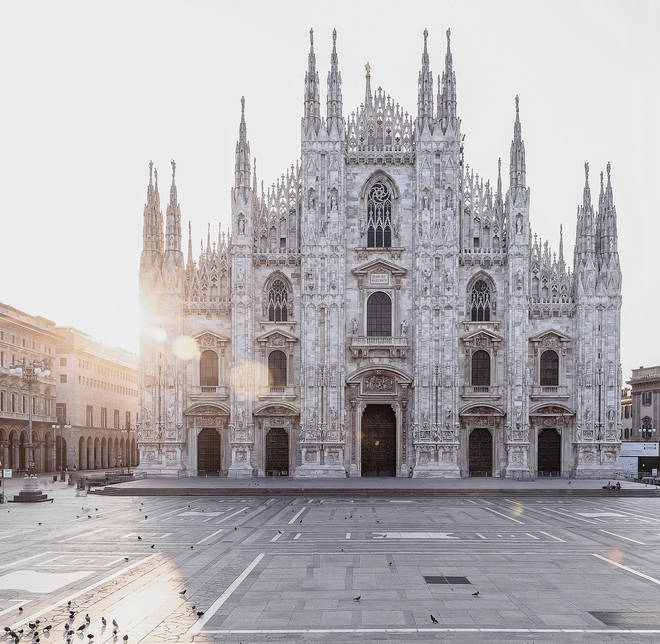
The Italian tenor, who was invited to give the special solo performance by the City of Milan and the cathedral itself, says: “On the day on which we celebrate the trust in a life that triumphs, I’m honoured and happy to answer ‘Sì’ to the invitation of the City and the Duomo of Milan.”
Bocelli continues: “I believe in the strength of praying together; I believe in the Christian Easter, a universal symbol of rebirth that everyone – whether they are believers or not – truly needs right now.
“Thanks to music, streamed live, bringing together millions of clasped hands everywhere in the world, we will hug this wounded Earth’s pulsing heart, this wonderful international forge that is reason for Italian pride.”
The Andrea Bocelli Foundation is for hospitals, to help with the purchase of medical and protective equipment needed in the face of the coronavirus pandemic.






